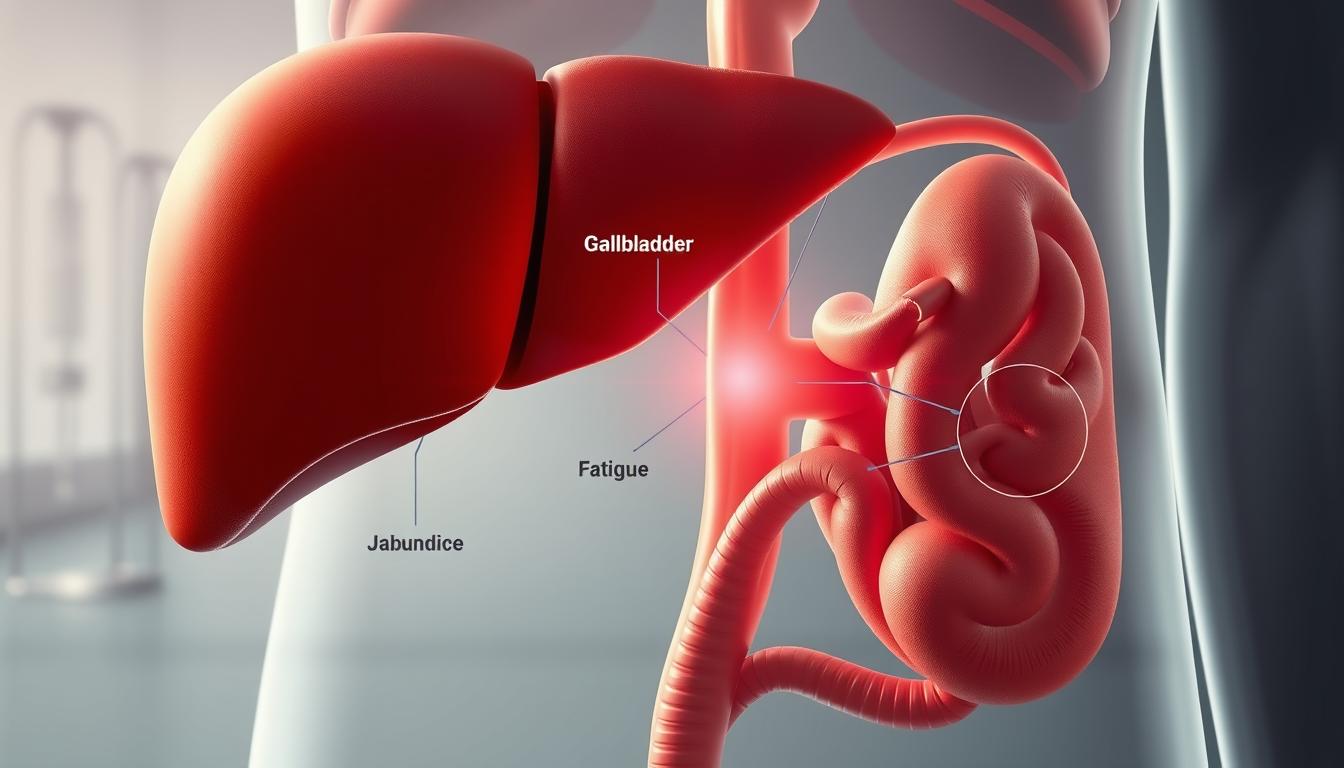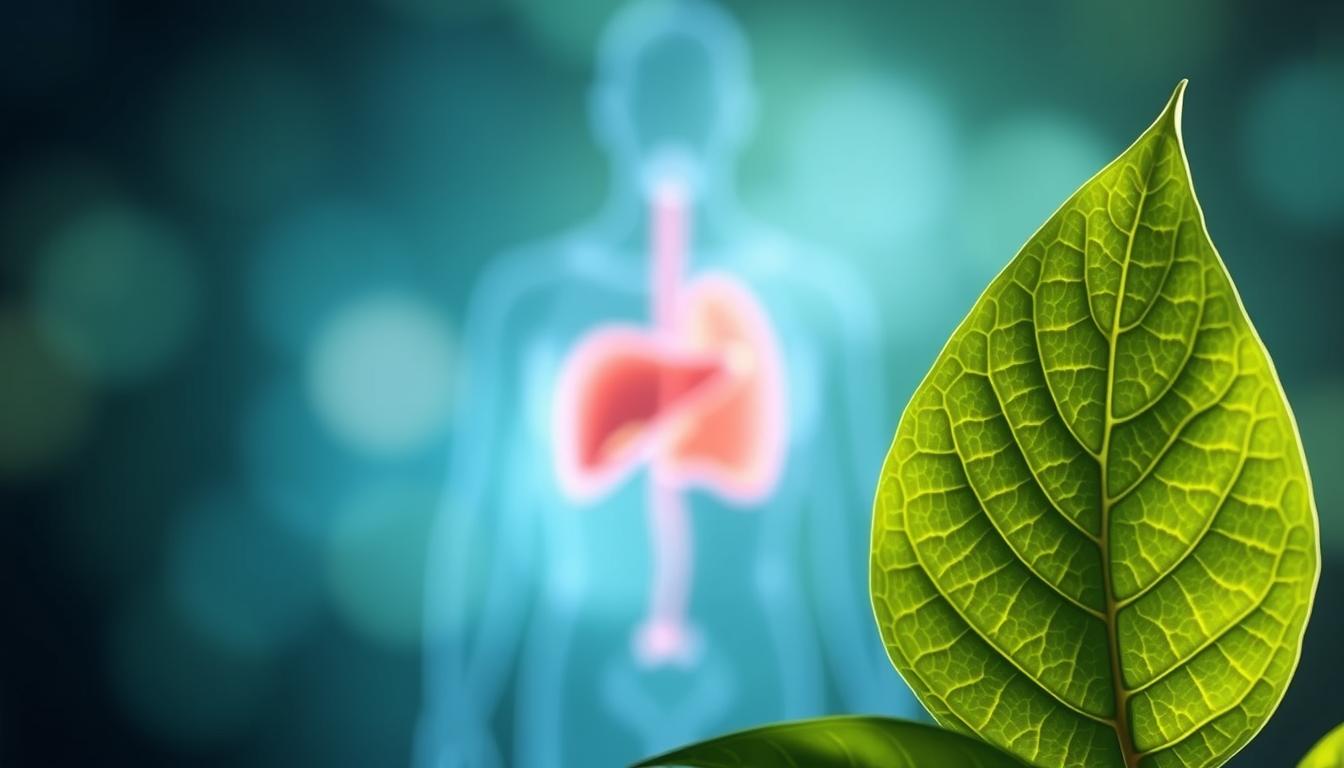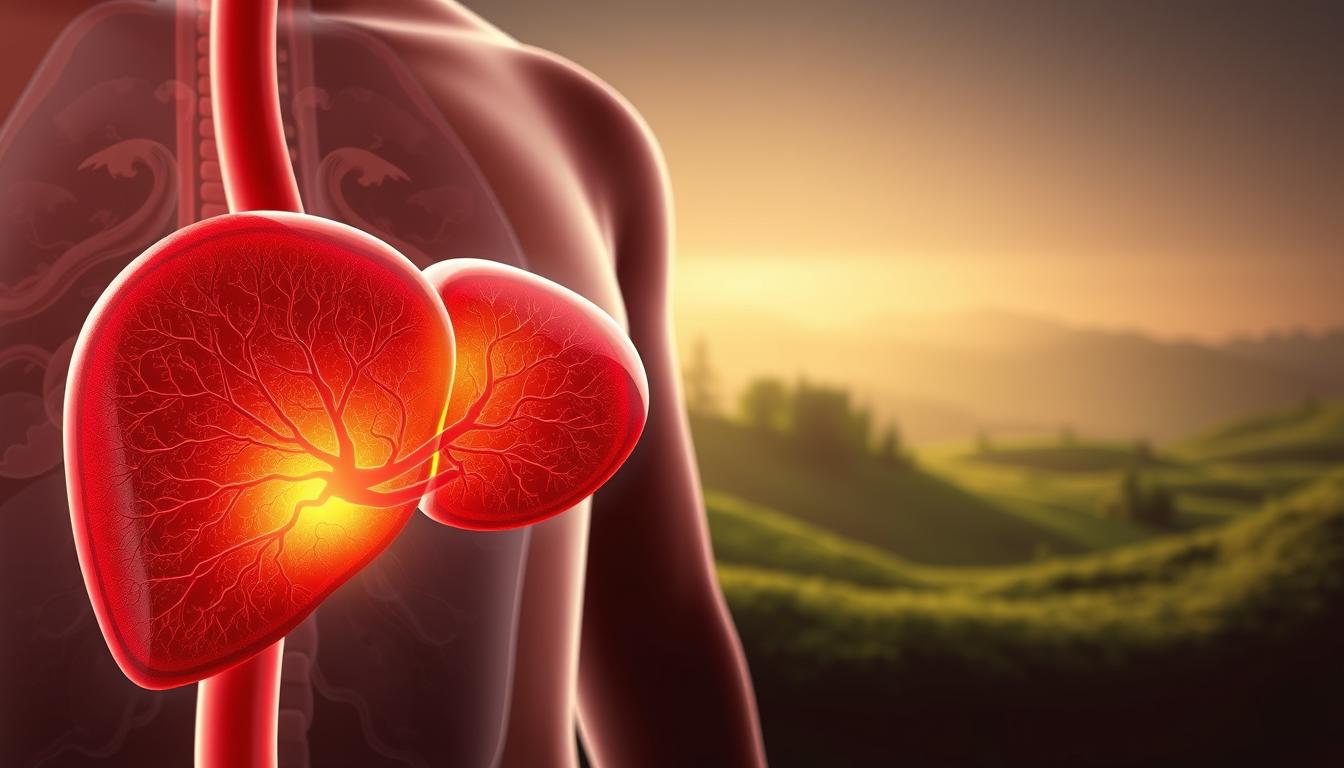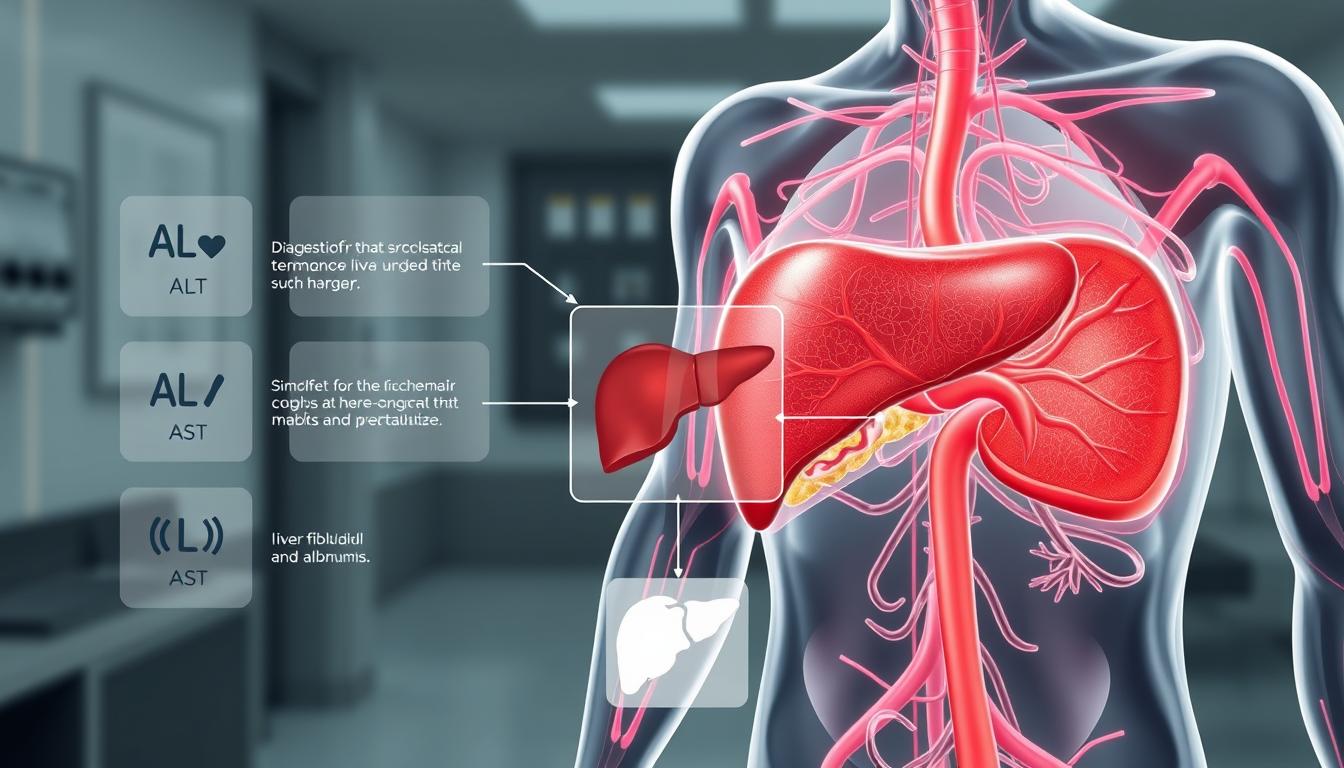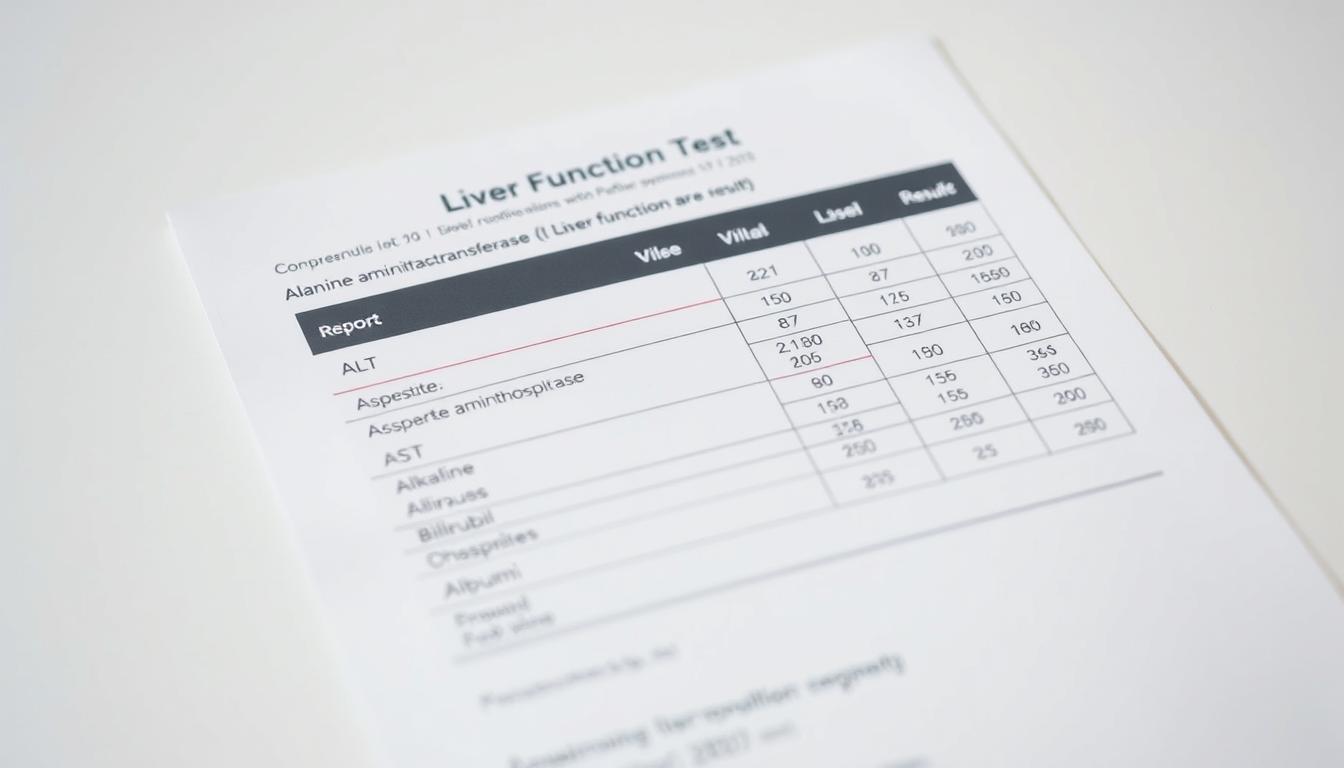Liver disease affects over 3.5 million Americans, with many cases going undiagnosed until it’s too late. The liver plays a crucial role in overall health,…
Naturally Enhance Liver Health for Diabetics
Did you know that people with diabetes are at a higher risk of developing liver disease? Liver health is crucial for diabetics, as it plays…
Foods That Can Help Heal Your Liver After Alcohol
Excessive alcohol consumption can lead to liver damage, a condition affecting millions worldwide. The liver’s ability to regenerate is remarkable, but it requires the right…
Heal Your Liver After Quitting Alcohol: Tips & Strategies
When an individual stops consuming alcohol, their liver begins the process of recovery. Liver health post alcohol cessation is crucial, as the liver plays a…
Normal Liver Function Test Explained Simply
Liver disease affects over 3.5 million people in the United States, with many cases going undiagnosed until the later stages. A crucial tool in diagnosing…
Understand Your Liver Function Test Results with This Easy Guide
Liver disease affects millions of people worldwide, often silently progressing until severe damage is done. Understanding your liver health is crucial, and interpreting liver function…
Best Liver Cleansing Drinks to Make at Home
The liver plays a crucial role in our body’s detoxification process, filtering out toxins and waste products from the blood. A staggering 90% of people…
How to Detox Your Liver Naturally in 3 Days
The liver is a vital organ responsible for filtering toxins from the body, but it’s often overworked and under stress. A shocking 90% of adults…
Milk Thistle: Unlock the Power to Repair Your Liver
The liver is a vital organ that performs over 500 functions, including detoxification, protein synthesis, and production of biochemicals necessary for digestion. However, with the…
Best Herbal Supplements for Fatty Liver in 2025
Find the top herbal supplements for fatty liver in 2025. Our how-to article explores the most effective natural remedies for liver support.
